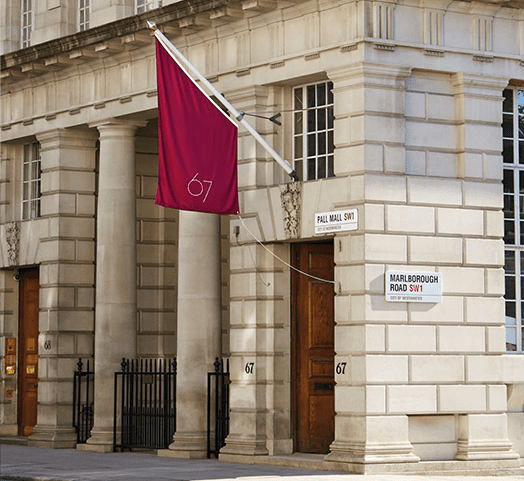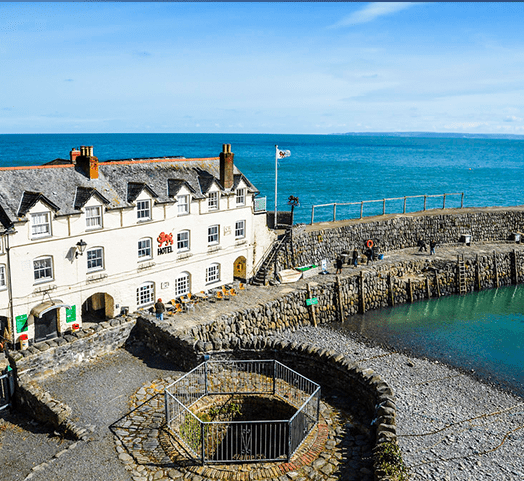Biolevel Limited
Biolevel Limited, founded in 2016, is a leading biostimulants producer with a stated goal to reduce CO2e created by traditional farming methods. Biostimulant’s are formed of a consortium of microbes and are designed to replace Synthetic Chemical Fertilisers (SCF’s) such as Nitrogen and Phosphate, whose production emits millions of tonnes of CO2 into the atmosphere each year. Prior to forming the business, the company founders spent over twenty years developing their products followed by a further five years in seed trials to prove the products efficacy.
Although the products efficacy has now been proven, several barriers to market restricted the company’s growth. Such as the high cost of ongoing seed trials and a lack of penetration into the agritech marketplace caused by farmers reticence to replace SCF’s and risk their annual harvest on a relatively new technology. Subsequently, the Directors of Biolevel engaged Strategic Digital Marketing to help form a strategy to create digital growth and increase revenues through innovation.
After researching the agricultural sector and forming a deep understanding of the problem, it became clear that the farmers needed a financial incentive to make the transition from traditional to regenerative agricultural practices and that a mechanism was needed to underwrite each harvest during the transition year. Furthermore, a university partner would be required to perform a substantial body of work including Life Cycle Analysis (LCA) to prove the reduction of CO2 across the entire production, distribution, and application of biostimulant’s when compared to SCF’s.
After careful analysis of our options, we decided a grant application to UK Research and Innovation would be the best way forward, to raise funds, obtain a university partner and build a global sales and marketing team with which to realise increased revenue. We then set about writing a SMART fund application to UKRI for £523,000 and identified Warwick University as our ideal partner for the LCA thesis. However, from our previous experience we know just how competitive the SMART fund is and a substantial innovation would be required to capture the judge’s attention and make our bid truly stand out.
And that’s why we invented DeCrbnX, the high value carbon offset exchange. We identified that for every one tonne of Nitrogen fertiliser avoided, four tonnes of CO2e would be removed from the atmosphere. We then devised a strategy to link this to Biolevel product sales, whereby a QR code would be generated for each Biolevel product sold. The QR code would then be loaded with the farmers details such as the farm geocoordinates, area farmed, crop planted, date of biostimulant application, temperature, soil composition and other details.
Having replaced the traditional farming process of applying pesticides, applying SCF’s such as Nitrogen or Phosphate with a biostimulant, the transition to regenerative farming could begin and the CO2e saving would be calculated and certified by an agronomist before being associated to the QR code generated earlier. For example, the average farm size here in the UK is 87 hectares which would typically emit 28,000kg of CO2 to fertilise. By not applying SCF’s, the farmer would save 28,000 CO2e (or 28 metric tonnes).
As of November 2021, the gold standard price for a tonne of CO2e is $2 therefore the farmer would create a CO2 offset to the value of $56 for the harvest. In order to monetise the transaction, we proposed that an NFT would be minted on the blockchain of the QR code generated by the product sale, which could then be banked on the DeCrbnX platform or sold to a CO2 producer looking to offset their carbon footprint. The World Bank predicts that a metric tonne of CO2 will cost $50 by 2030, therefore the creation of a carbon asset by the farmer has the potential to outperform the revenue made from crop sales! This provides the financial incentive to the farmer to make the transition from traditional to regenerative farming.
We then set about building the www.decrbnx.com platform and creating a Crypto currency (ReGenCoin) to drive the adoption of the world’s first crypto currency powered by regenerative agriculture. This was the innovation that would enable our SMART fund application to truly stand out from the crowd. Whilst we eagerly await the results of the SMART fund competition from UKRI on December 17th 2021, we hope you’ll agree this case study clearly demonstrates the value of creating digital growth through innovation.
PROJECT DETAILS
Date: 01/10/2021
Client: Biolevel Limited
Skills: UKRI SMART Grant / Innovation











